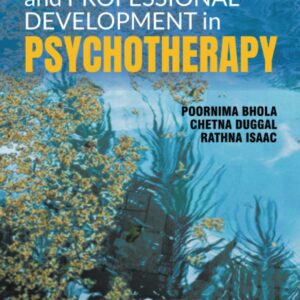About the Book
This 240 page book has a new take on time management. Rather than try to fit more into our schedules, it recommends the exact opposite. It asks that we stop trying to and instead clear the decks while explaining why. It does so via anecdotes and quotes that inspire us to feel less badly about trade-offs that indeed must be made. In making these choices we are asked to meditate on words such as “decide” – It’s etymology dating back to the original Latin “decidere” meaning “to cut off” – i.e. to slice away alternatives, that is. The author goes on to distinguish between the good and the bad procrastinator. The good one accepts the fact that she can’t get everything done, then decides which tasks to focus on and which to neglect. The bad one finds herself paralysed because she can’t bear the thought of confronting her limitations. Another interesting part of the book is the authors take on the inevitability of “settling” – i.e. settling for something (or someone). I won’t go into the details and will leave that bit for you to read. Finally, I enjoyed the authors elucidation of the age old adage “what you pay attention to will define for you what your reality is.” And so, “when you pay attention to something you don’t especially value, it’s not an exaggeration to say that you are paying with your life. The problem with distractions like the phone, especially when “scrolling” (which happens on autopilot), is that the distracted person (i.e. you and me) isn’t really choosing at all. Our attention has been commandeered by forces that don’t have our highest interests at heart (facebook-meta-like companies).”
My main issue with the book was that some of it’s content was repetitive, and I might have wished that instead of the 240 pages that I read, I might have gained more had it been a concise 50 pages. Also, personally, I’m not the greatest fan of commandments or “lists” like “10 things to do before…” “12 ways to live your life….” “Six steps to enlightenment…” and so on. However, I can see how some people might really need or enjoy that.
Overall, I think the book is for those who do not read hardcore philosophy and would much prefer a simplified version, as well as a divergent one on “time and how to manage it.”
As a psychologist, I know I will be using quotes and some paragraphs with some of my clients, whom I know might benefit from it.
Read time : 18 hours (approximately)
Star Rating : 3 out of 5 stars
Book publication Date : 2021
Publisher : Farrar, Straus and Giroux
Book Review : https://www.youtube.com/watch?v=eUXc5HWyxsY
Description
by Oliver Burkeman







